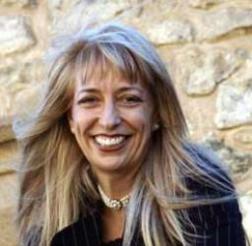A charity set up by Baroness Greenfield, the former director of the Royal Institution who was ousted by trustees following a governance review, has created a Global Risk Register to provide access to intelligence on the risks facing humanity.
The charity, Science for Humanity, was set up in 2007 by Greenfield and Justin Anderson, the chief executive of Flexeye Technology. Flexeye has provided the software licences for the register, which is described as a “community and network tool for managing information on global risk”.
The Global Risk Register aims to leverage expert knowledge to provide intelligence on thousands of known and emerging social, economic, geopolitical, financial and technological risks. It will also help organisations around the world to identify and assess these and then develop solutions to manage and reduce them.
It will also enable Science for Humanity to work out what gaps exist in current international development strategies that can be addressed through its membership of scientists and technologists.
Over 50 risk experts responsible for managing risks at some of the world’s biggest corporations have joined the Global Risk Register panel, to add and edit content on risks and associated controls. Twenty of these will be selected to govern the Register’s development and operation.
Anderson told Civil Society that two options were being considered for the future constitution of the Register – that it would either become a charitable trading arm of Science for Humanity or an independent charity in its own right.
He said that creating the community that would sustain the Register had been a low-cost exercise, and as Flexeye had provided the licences and IT support services, the venture had not required a lot of financial support. However, once a full-time secretariat is established to operate it, then funding would be sought.









